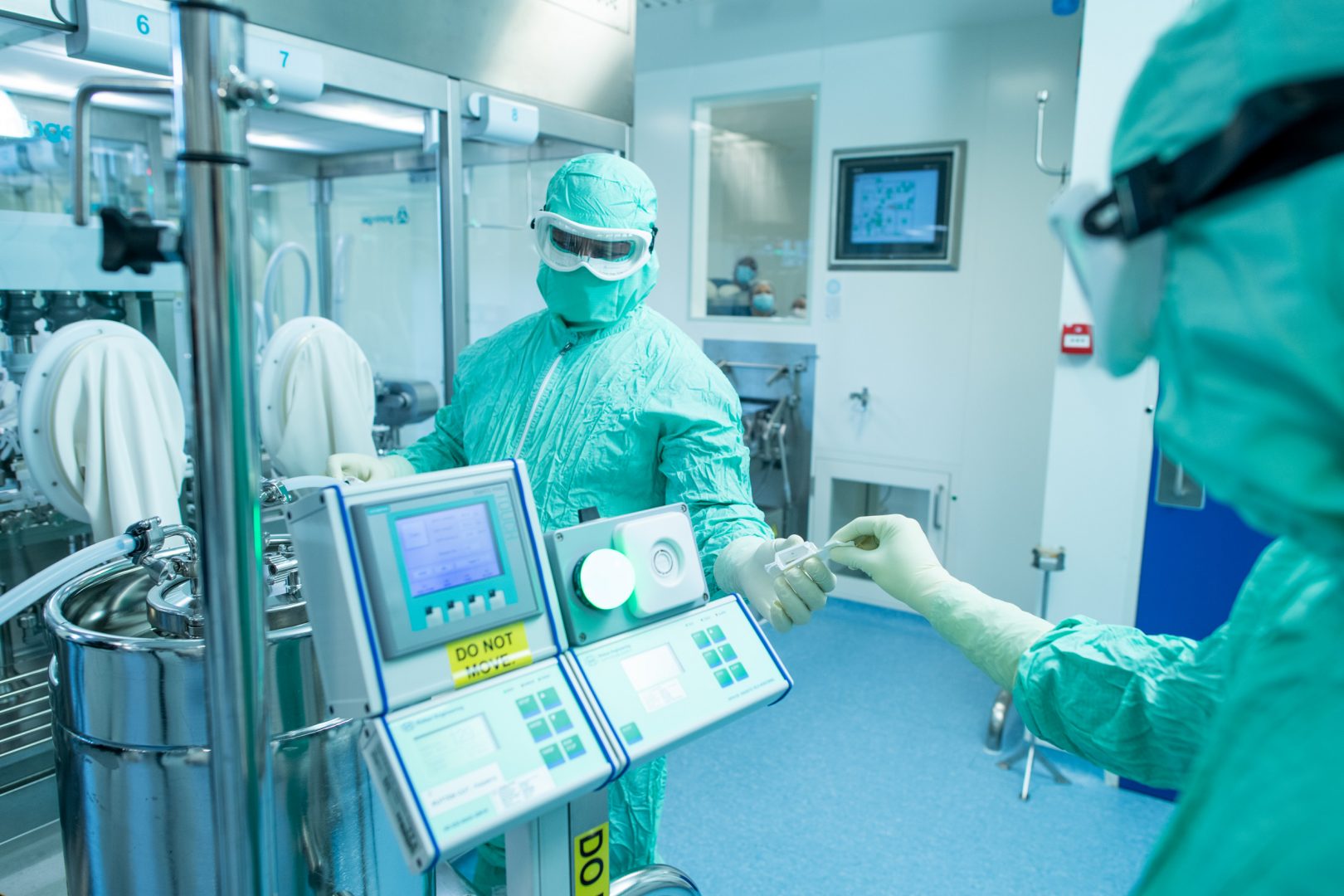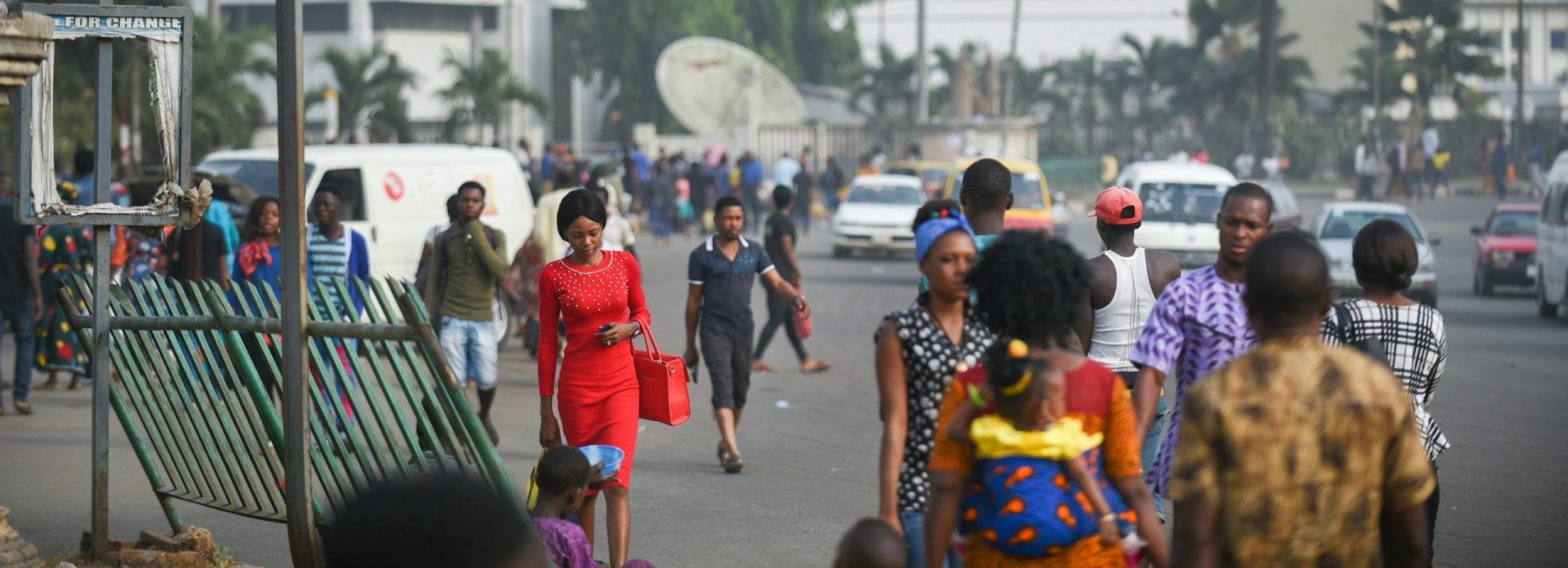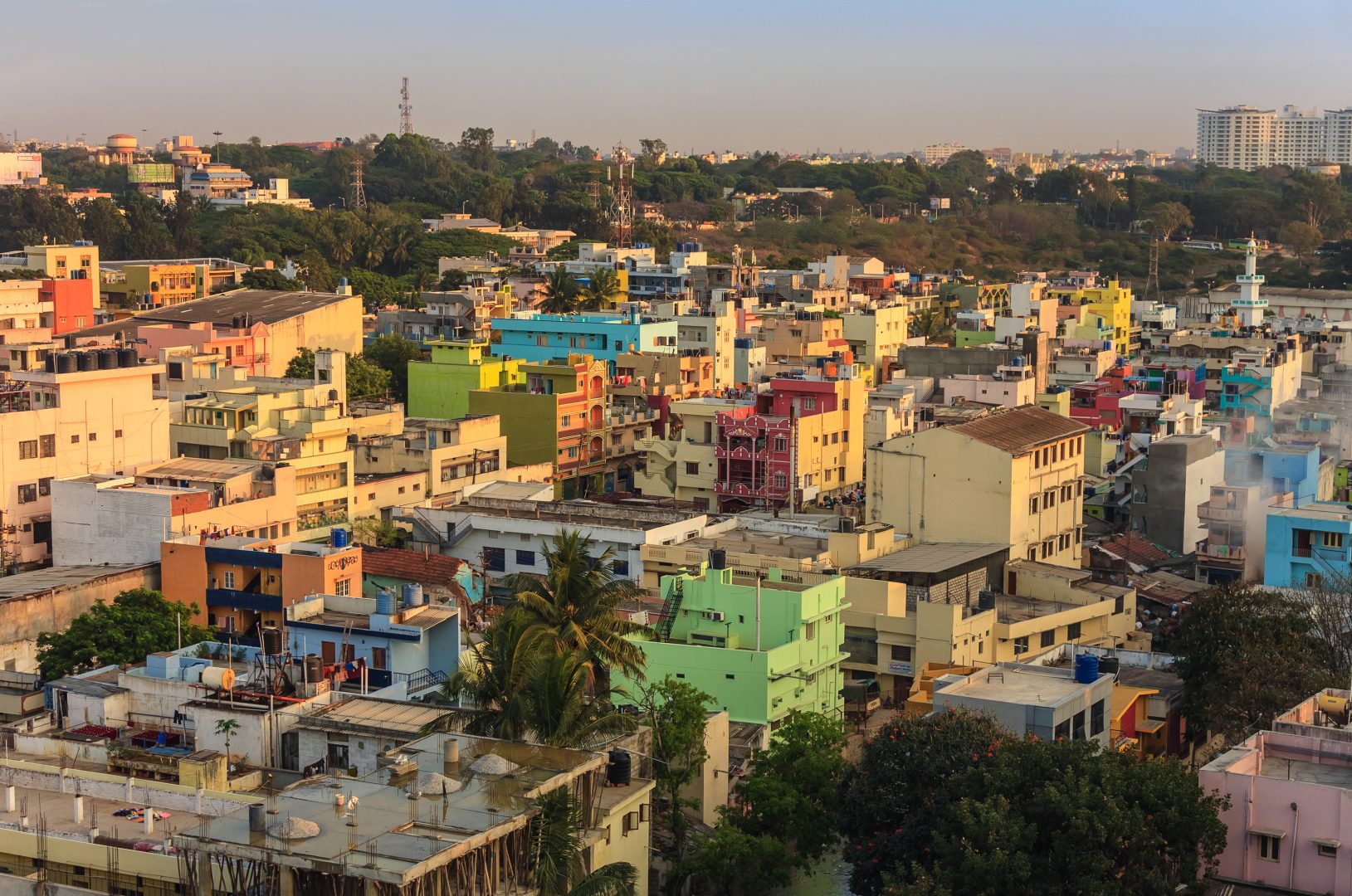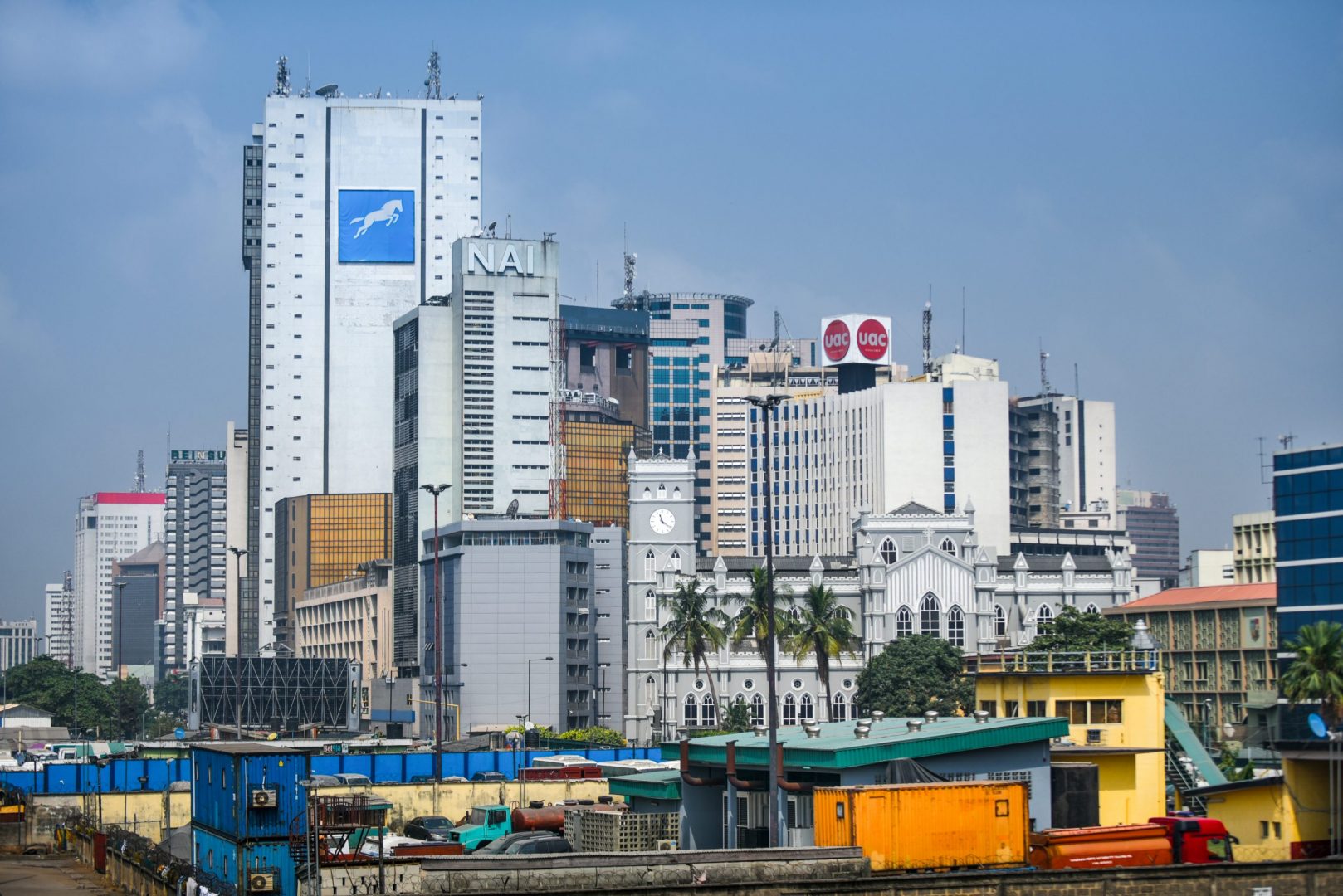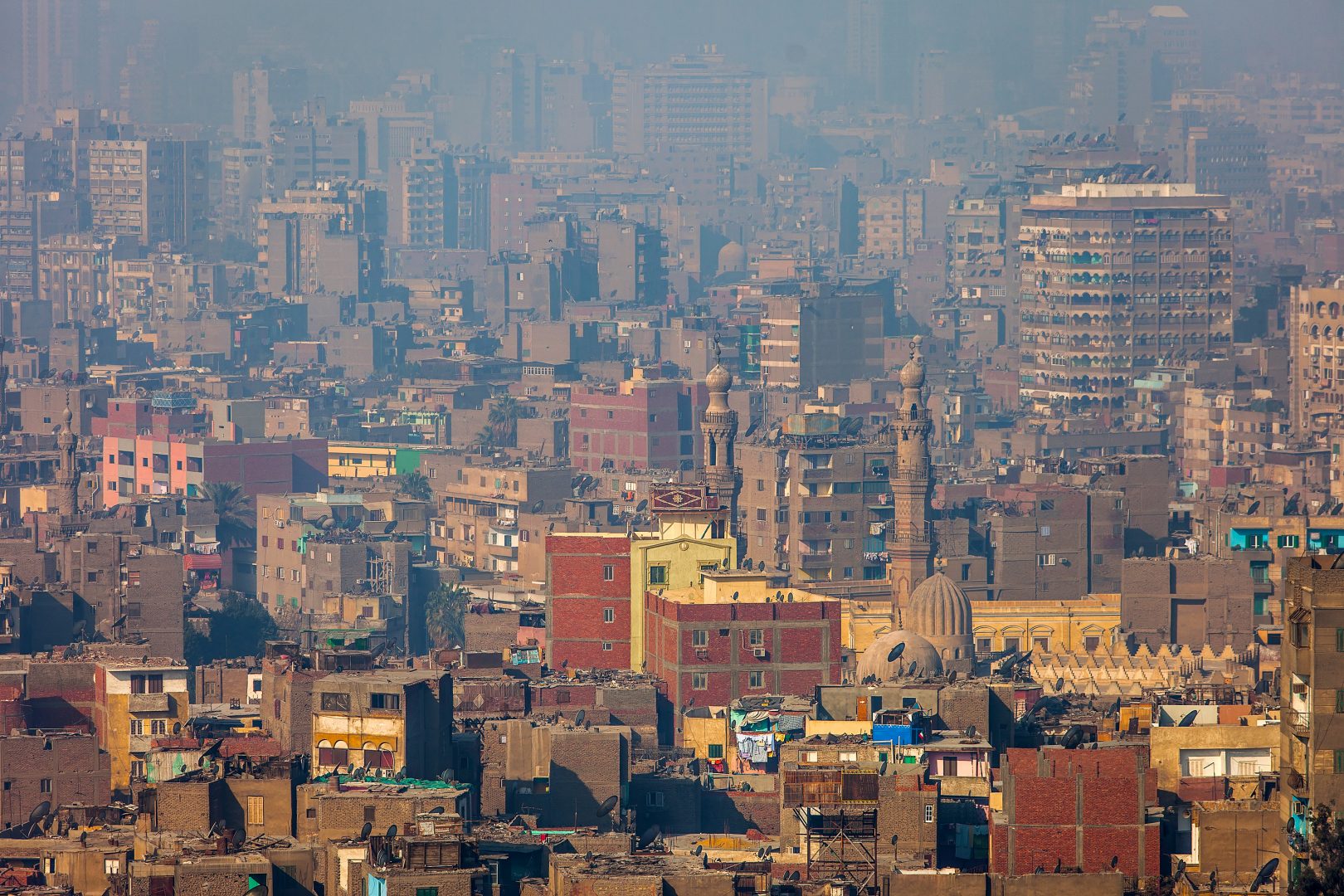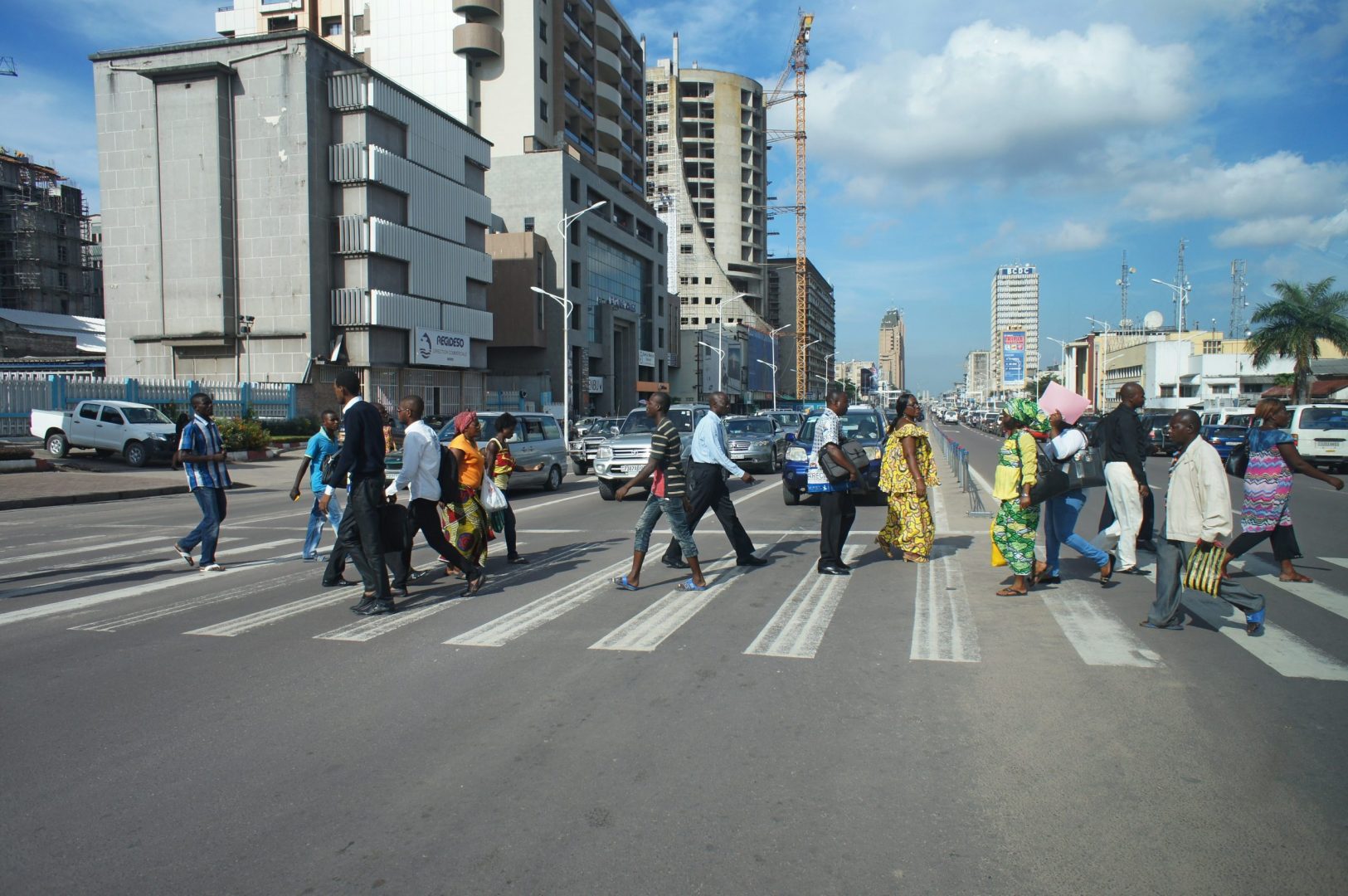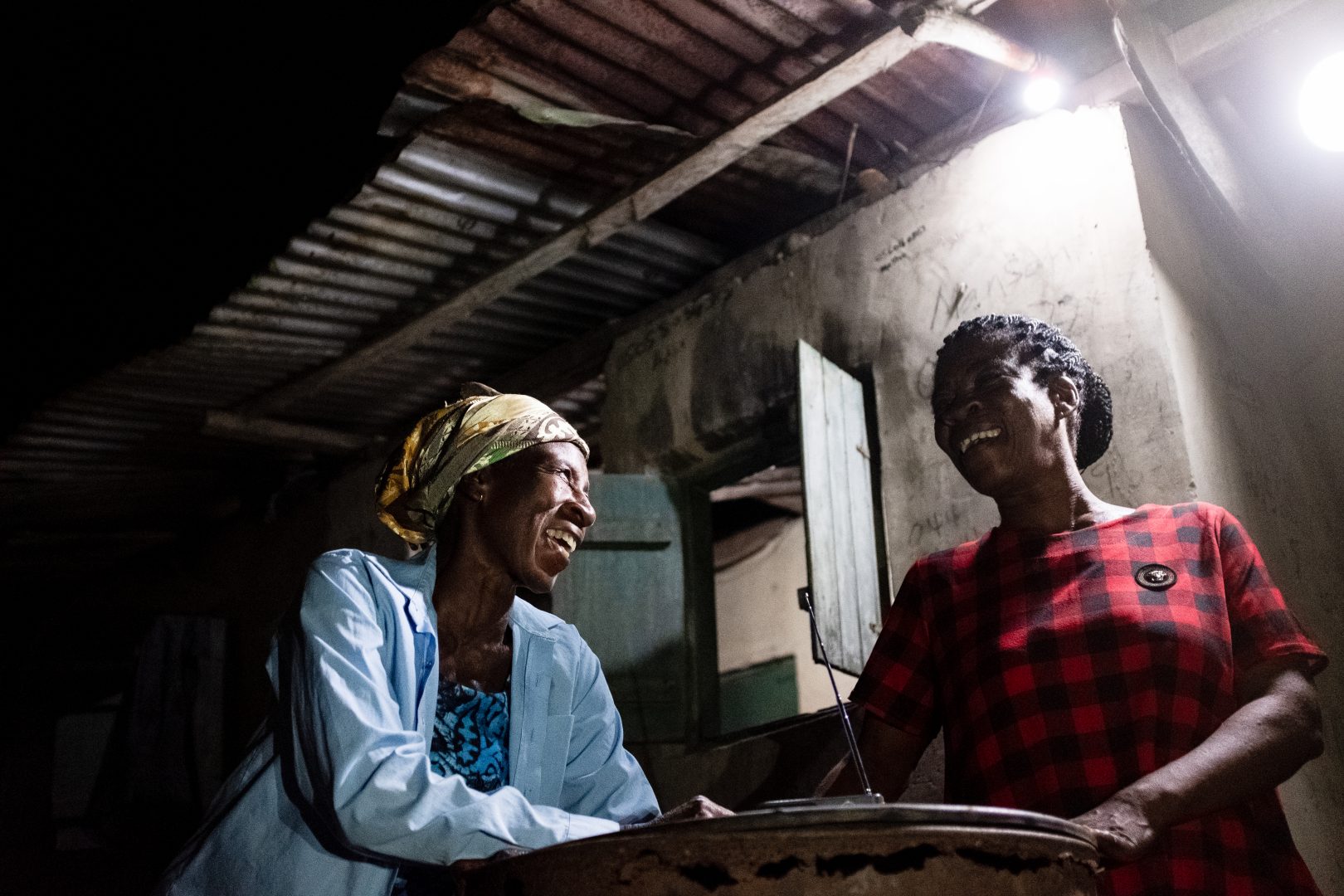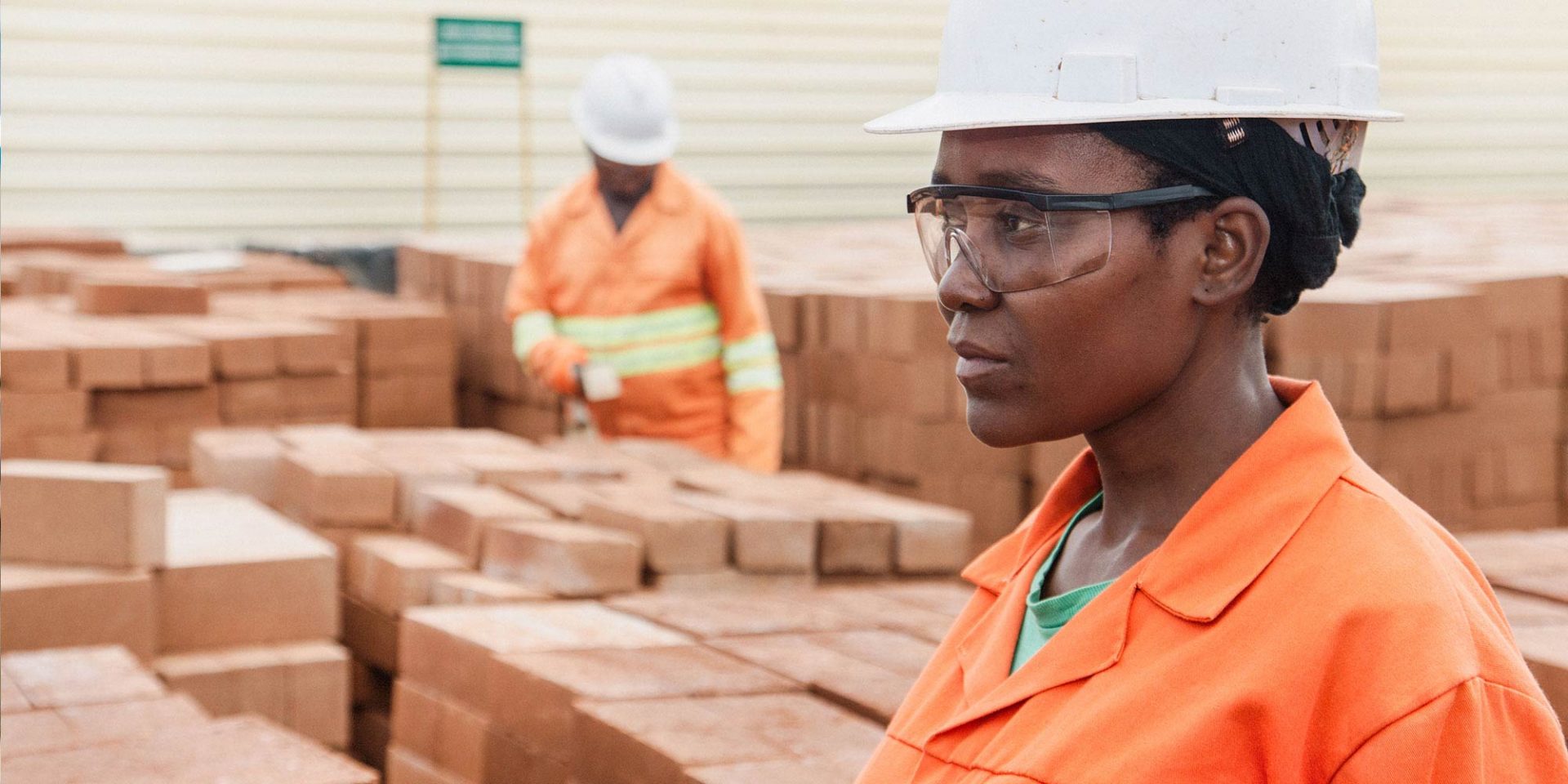https://api.soundcloud.com/tracks/410456742
Here we meet one of the inspiring women working at one of our investee companies in Africa. Monique Gieskes has an impressive CV. She’s the regional director for the Democratic Republic of the Congo (DRC) at textile company Vlisco, she’s on the Board of Feronia, a large agribusiness, and she’s the president of the UN Global Compact in the country. As a senior Congolese businesswoman, Monique draws on her experience to discuss the barriers to women’s economic empowerment in the country and how they can be overcome.
I was born in the DRC, in Kinshasa. At one point I had the choice either to stay in Europe or go back to Africa after my studies – I was born there, so I decided to go back to the Congo after I finished my studies abroad. I did it because I felt I needed to contribute, if I could, to my country’s development. I knew it was going to be difficult, as unemployment is so high, but I just felt driven to go back.
What do you think the barriers are to women succeeding in business in the DRC?
I would say the first main barrier to women is access to education, because you do not have many schools at international standards. Secondly, it’s access to finance. You do have banks but they do not loans for students, for example. The third main barrier is around employment and recruitment. As an employer, we have a difficulty recruiting the best competencies because it’s so difficult to find them despite very high profiles in the Congolese labour market, as it is heterogeneous.
How can these barriers be overcome?
The private sector must support women in providing training and education because it’s only when a woman reaches that higher level that she can be empowered for the future.
Here, I’m mainly talking about cities but in rural areas – where many women live – it is a different world. In rural areas, the first thing the private sector can do is support in birth control. In rural areas, women have 13 or 14 kids because they don’t have birth control. So that’s the first thing; then after that I want to train them in order to allow them becoming financially autonomous, versus waiting for external aid.
Tell us some of the initiatives you’ve introduced to support women at Vlisco.
When I started working at Vlisco in around 2008, my role in the DRC was creating a start-up. I mean, there was nothing before, there was just a big central market in Kinshasa. Once I visited the market I was desperate because there were women traders importing African print fabric – it was totally informal and they were smuggling goods into the market.
Vlisco regularly launches new designs and because this process was informal, traders didn’t know exactly when they could get hold of these new fabrics. So traders would travel, taking a lot of risk to go to West Africa or Europe to buy the fabrics and bring them back to Kinshasa. It was dangerous because they had to cross the Congo river and sometimes the boat would capsize, meaning they lost all their goods. It was bad for the government as well because no taxes were being paid.
I thought I needed to lobby the government to obtain a reduction in import taxes, so these women traders could import directly from Vlisco in Kinshasa, and their businesses would be transparent and sustainable. It took two years to obtain it from the government but when it came I was very proud and the traders were very happy about it.
And any other initiatives…
The second thing happened when I visited the east of Congo to find out how our goods were reaching the market there. Women in the east of Congo face great difficulties because they face abuses: some of them their husbands have died during the war, some have been raped several times by soldiers. So I thought I couldn’t let it go, I could’t go back to Kinshasa without doing something here.
I said I’m going to teach them how to sew. Very fast I was able to put in place a centre to help them – I rented a house, I discussed it with the tailoring association of Goma (the main city in the region), who agreed to provide a tailoring course. In that centre you could find many types of women together. It was very important psychologically for them to meet and to exchange experiences, to say ‘I’m not alone, I’m not the only one’, and also for these women to see that they could go back to normal life and take their role in society.

